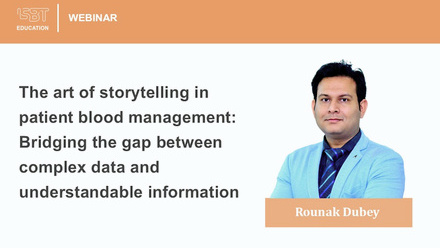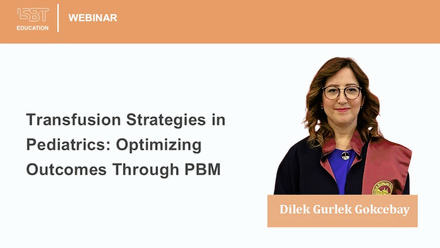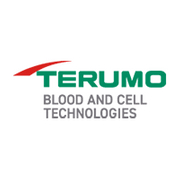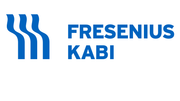Farrukh T. Shah, Farzana Sayani, Sara Trompeter, Emma Drasar, Antonio Piga
Abstract
Patients with β-thalassemia major (BTM) require regular blood transfusions, supported by appropriate iron chelation therapy (ICT), throughout their life. β-thalassemia is a global disease that is most highly prevalent in Southeast Asia, Africa, and Mediterranean countries. However, the global distribution of patients with β-thalassemia is changing due to population migration, and Northern European countries now have significant thalassemia populations.
Globally, many patients with BTM have limited access to regular and safe blood transfusions. A lack of voluntary nonremunerated blood donors, poor awareness of thalassemia, a lack of national blood policies, and fragmented blood services contribute to a significant gap between the timely supply of, and demand for, safe blood. In many centers, there is inadequate provision of antigen testing, even for common red cell antigens such as CcEe and Kell. Policies to raise awareness and increase the use of red blood cell antigen testing and requesting of compatible blood in transfusion centers are needed to reduce alloimmunization (the development of antibodies to red blood cell antigens), which limits the effectiveness of transfusions and the potential availability of blood. Patients with BTM are also at risk of transfusion-transmitted infections unless appropriate blood screening and safety practices are in place. Hence, many patients are not transfused or are undertransfused, resulting in decreased health and quality-of-life outcomes. Hemovigilance, leukoreduction, and the ability to thoroughly investigate transfusion reactions are often lacking, especially in resource-poor countries. ICT is essential to prevent cardiac failure and other complications due to iron accumulation. Despite the availability of potentially inexpensive oral ICT, a high proportion of patients suffer complications of iron overload and die each year due to a lack of, or inadequate, ICT.
Increased awareness, training, and resources are required to improve and standardize adequate blood transfusion services and ICT among the worldwide population of patients with BTM. ICT needs to be available, affordable, and correctly prescribed. Effective, safe, and affordable new treatments that reduce the blood transfusion burden in patients with β-thalassemia remain an unmet need.






















